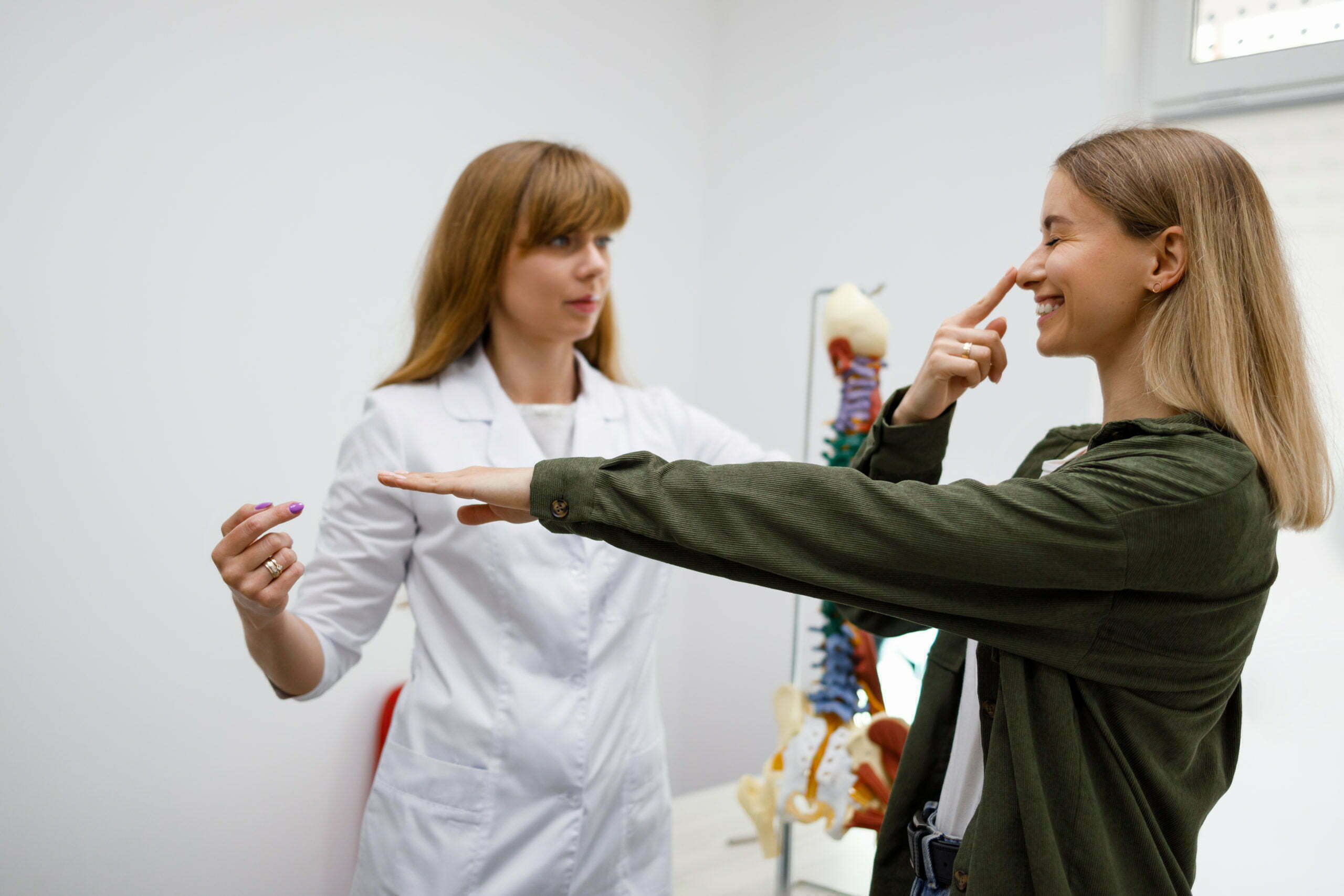Traumatic brain injury (TBI) is a significant public health concern in the United States. The incidence of traumatic brain injury is highest in young adults and males andsubstantialficant cause of death and disability in the United States. A blow or jolt can cause a traumatic brain injury to the head, disrupting the brain’s normal function. Symptoms of a TBI can be mild, moderate, or severe, depending on the extent of the damage to the brain. Traumatic brain injury can cause various short- and long-term symptoms, including headache, nausea, vomiting, dizziness, balance problems, blurred vision, sensitivity to light and noise, difficulty concentrating, memory problems, mood changes, and emotional problems. Treatment for a TBI may include medical, surgical, and rehabilitative therapies. Keep reading to learn more about the causes, symptoms, and treatments for a TBI.
What are the most common causes of TBI?

Traumatic brain injury, also known as craniocerebral injury, is caused by a bump, blow, or jolt to the head or a penetrating head injury. This type of injury can disrupt the normal function of the brain. TBI can result from several causes, including:
- Falls
- Motor vehicle accidents
- Sports injuries
- Assaults
- Gunshot wounds
- Industrial accidents
What are the symptoms of TBI, and how is it treated?
Traumatic brain injury is a physical injury to the brain caused by an external force. TBI can be classified as open or closed head injuries. Open head injuries occur when an object penetrates the skull and damages the brain. Closed head injuries are more common and happen when the head hits an object, but the skull does not break. Both types of injuries can cause damage to the brain.
The symptoms of traumatic brain injury can vary depending on the severity of the damage. Some people may experience a temporary loss of consciousness, while others may have no symptoms. The most common symptoms of TBI include headache, nausea, disorientation, dizziness, confusion, blurred vision, and memory problems. In severe cases, TBI can lead to seizures, coma, or death.
There is no one-size-fits-all treatment for traumatic brain injury. Treatment depends on the severity of the damage and may include medication, surgery, rehabilitation therapy, or a combination of these treatments. Early diagnosis and treatment are essential for a successful recovery from traumatic brain injury.
How can you get involved in helping individuals with TBI?
The SLP Online Masters Program is an online program that provides students with the opportunity to earn their Master of Science degree in Speech-Language Pathology. The program is designed to provide students with the knowledge and skills necessary to work with individuals who have experienced a traumatic brain injury.
The SLP master program coursework includes topics such as assessment and diagnosis of TBIs, intervention strategies for individuals with TBIs, and research methods in speech-language pathology. In addition, the program offers students opportunities to gain clinical experience by working with clients who have experienced a TBI.
How can memory care help those with TBI?

Memory care is a term used to describe the level of care and support given to someone who has experienced a traumatic brain injury. Memory care is often necessary because TBI can cause memory problems, making it difficult for people to remember and care for themselves.
There are many different types of memory problems that can occur after a TBI. Some people may have difficulty remembering new information, while others may forget important details about their life or struggle to track what they are doing. Some people with TBI may also experience changes in their mood or behavior, affecting their ability to remember things.
The most common treatments for traumatic brain injury include rest, medication to control symptoms, physical and occupational therapy, and cognitive rehabilitation.









